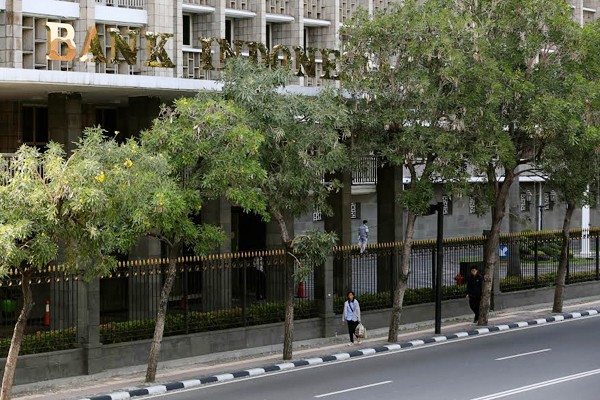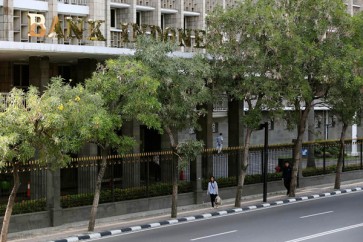Popular Reads
Top Results
Can't find what you're looking for?
View all search resultsPopular Reads
Top Results
Can't find what you're looking for?
View all search resultsEDITORIAL: Unraveling Byzantine graft case
Assuming the case against Temenggung is really air tight, it could eventually reveal what happened to tens of billions of dollars’ worth of assets taken over by the IBRA from nationalized and closed banks during the height of the 1998 economic crisis.
Change text size
Gift Premium Articles
to Anyone
T
he Corruption Eradication Commission’s (KPK) decision to name Syarifuddin Arsyad Temenggung, former chairman of the Indonesian Bank Restructuring Agency (IBRA), a suspect in corruption related to the Rp 144.5 trillion (US$11 billion) bailout of 48 major banks between 1999 and 2002 could open the Pandora’s box of the country’s most gigantic corruption scandal.
Temenggung’s case could be the first step in cracking the Byzantine complexity of the corruption surrounding the liquidity credit program that is widely believed to have implicated former senior economic ministers, many other leading politicians and even possibly then president Megawati Soekarnoputri.
The Supreme Audit Agency (BPK) announced after an investigative audit of the bailout program in mid-2000 that Rp 138.44 trillion of the emergency liquidity credit extended by Bank Indonesia (BI) might have been misused. But thus far only a few cases have been brought to court and all those involved only businesspeople, no members of the IBRA.
The IBRA, set up in February 1998, soon after the start of the economic crisis, became one the most powerful organizations in the country between 1998-2004, managing more than Rp 650 trillion worth of assets taken over from closed and nationalized banks and controlling all the country’s largest banks.
The government protected IBRA officials through immunity against damages or lawsuits that might arise in the future in relation to the execution of their duties, except for criminal actions that might subsequently be discovered through investigative or forensic audits.
The KPK should be commended for its perseverance in building up the corruption case against Temenggung for his decision in 2004 to issue a letter of release and discharge to Sjamsul Nursalim, the owner of then Bank Dagang Nasional Indonesia (BDNI), after the banker reportedly paid only Rp 1 trillion out of Rp 4.9 trillion it still owed to BI in liquidity credits.
The Attorney General’s Office had previously investigated the same case but dropped it in February 2008 as a result of what it claimed to be a lack of evidence, but the chief of the investigative team was caught red handed with Rp 6.1 billion in bribes only three days after the investigation was dropped.
Your Opinion Matters
Share your experiences, suggestions, and any issues you've encountered on The Jakarta Post. We're here to listen.
Thank you
Thank you for sharing your thoughts. We appreciate your feedback.


















